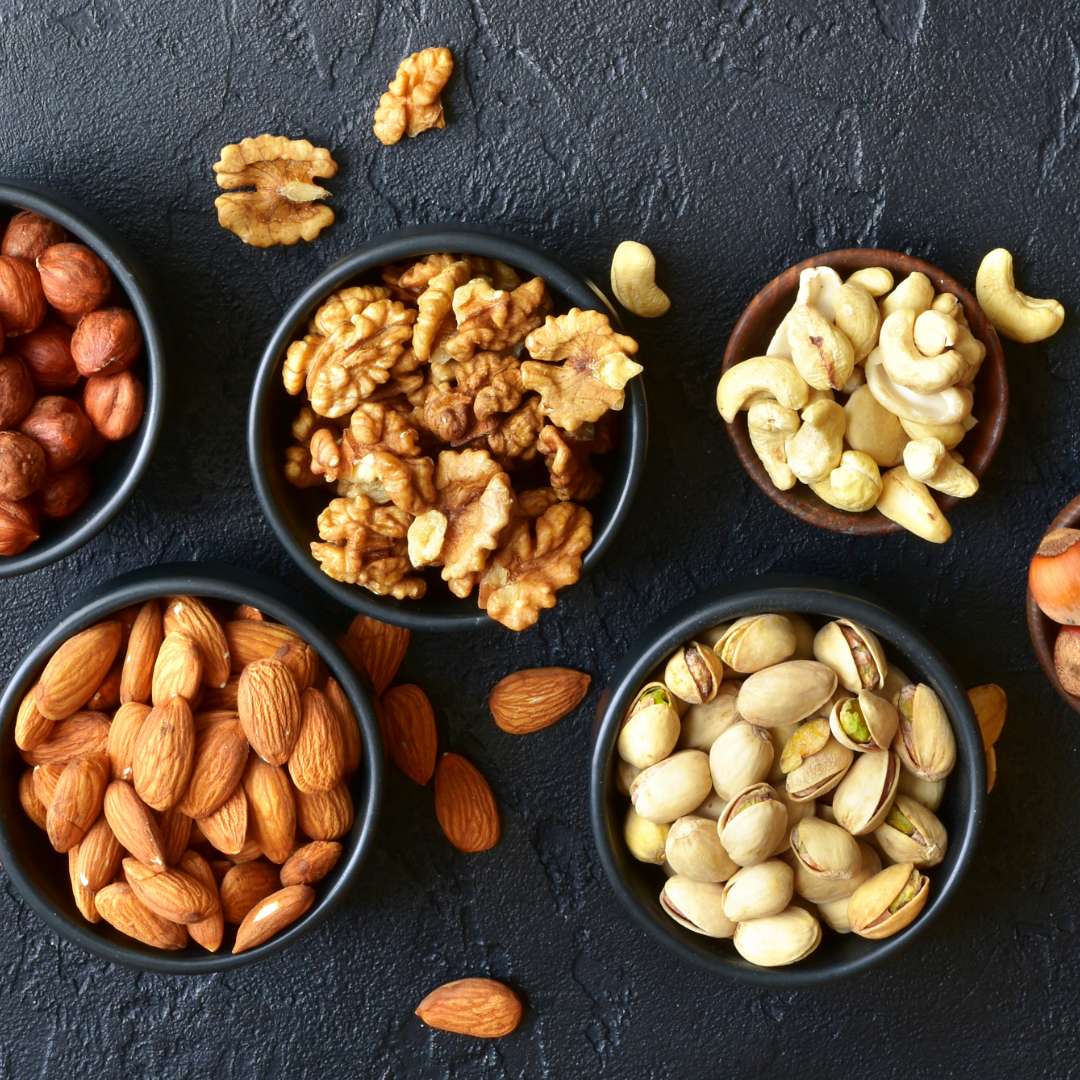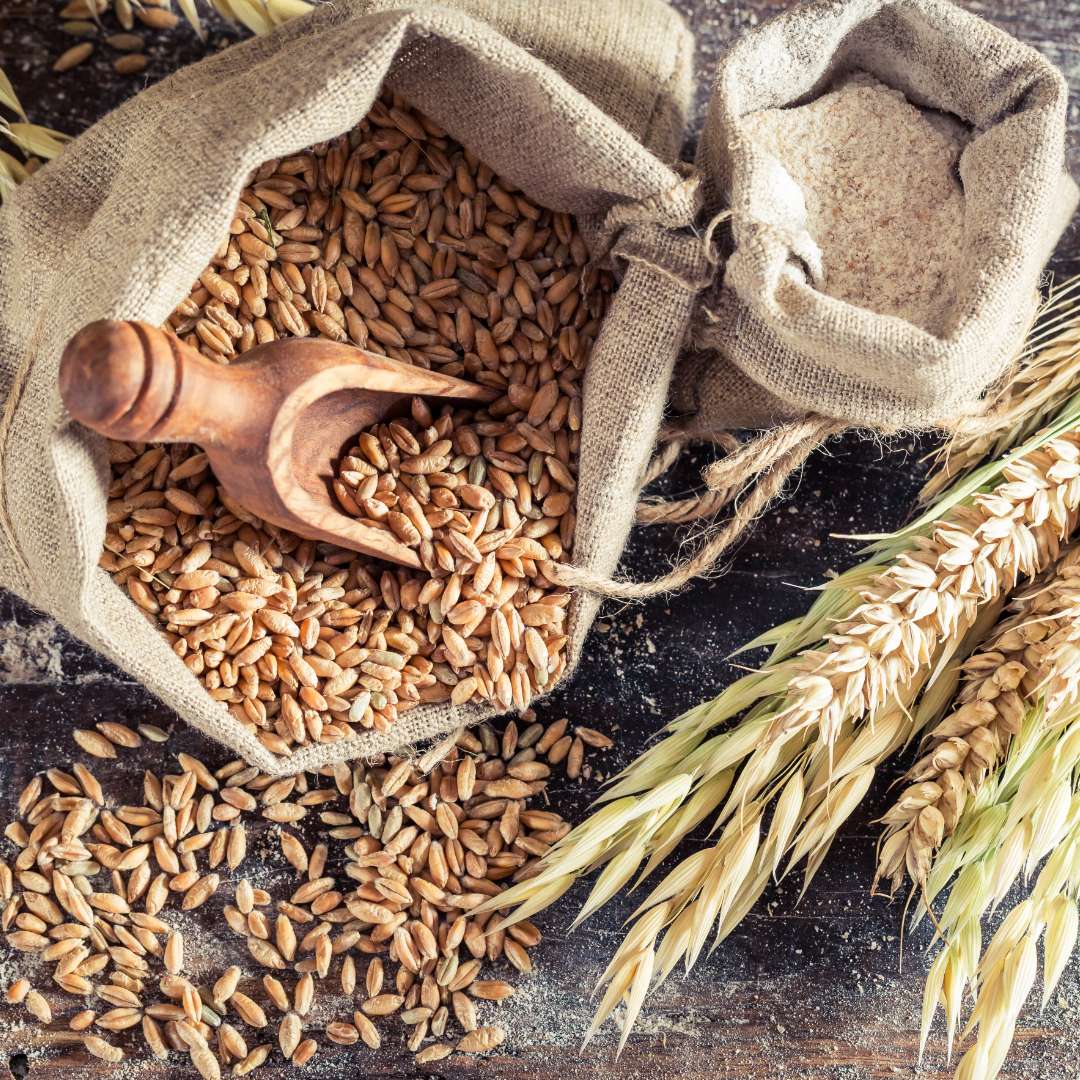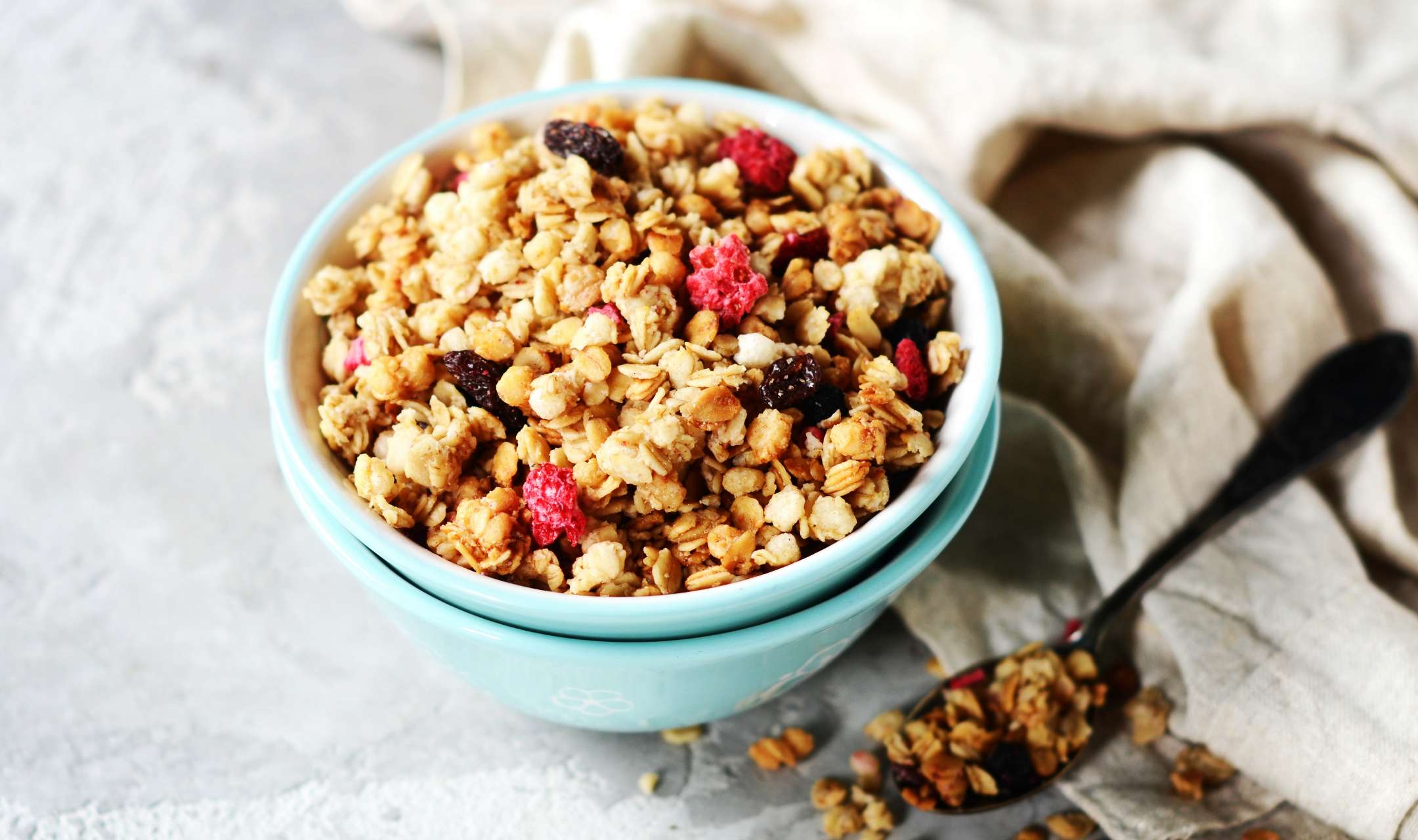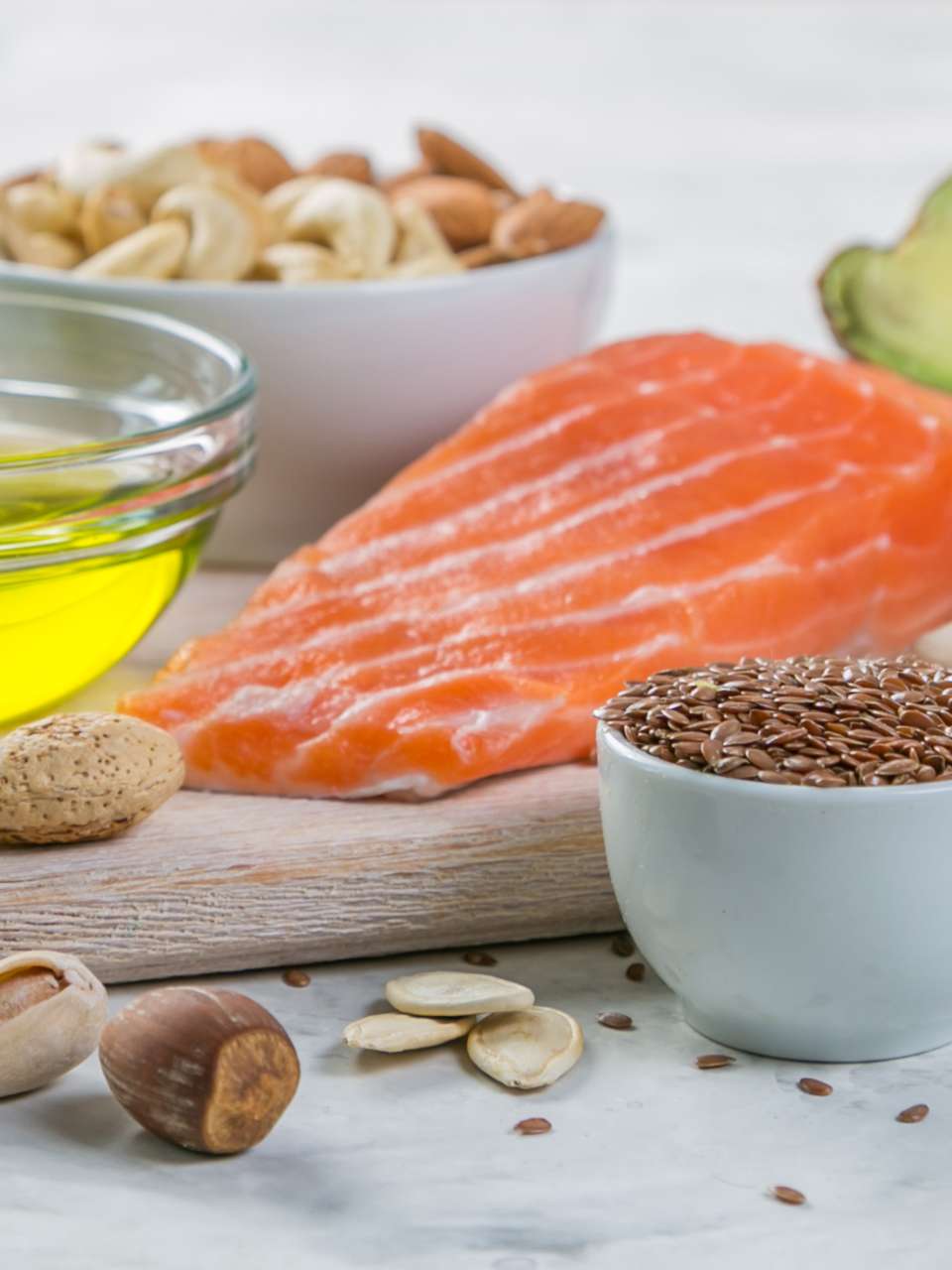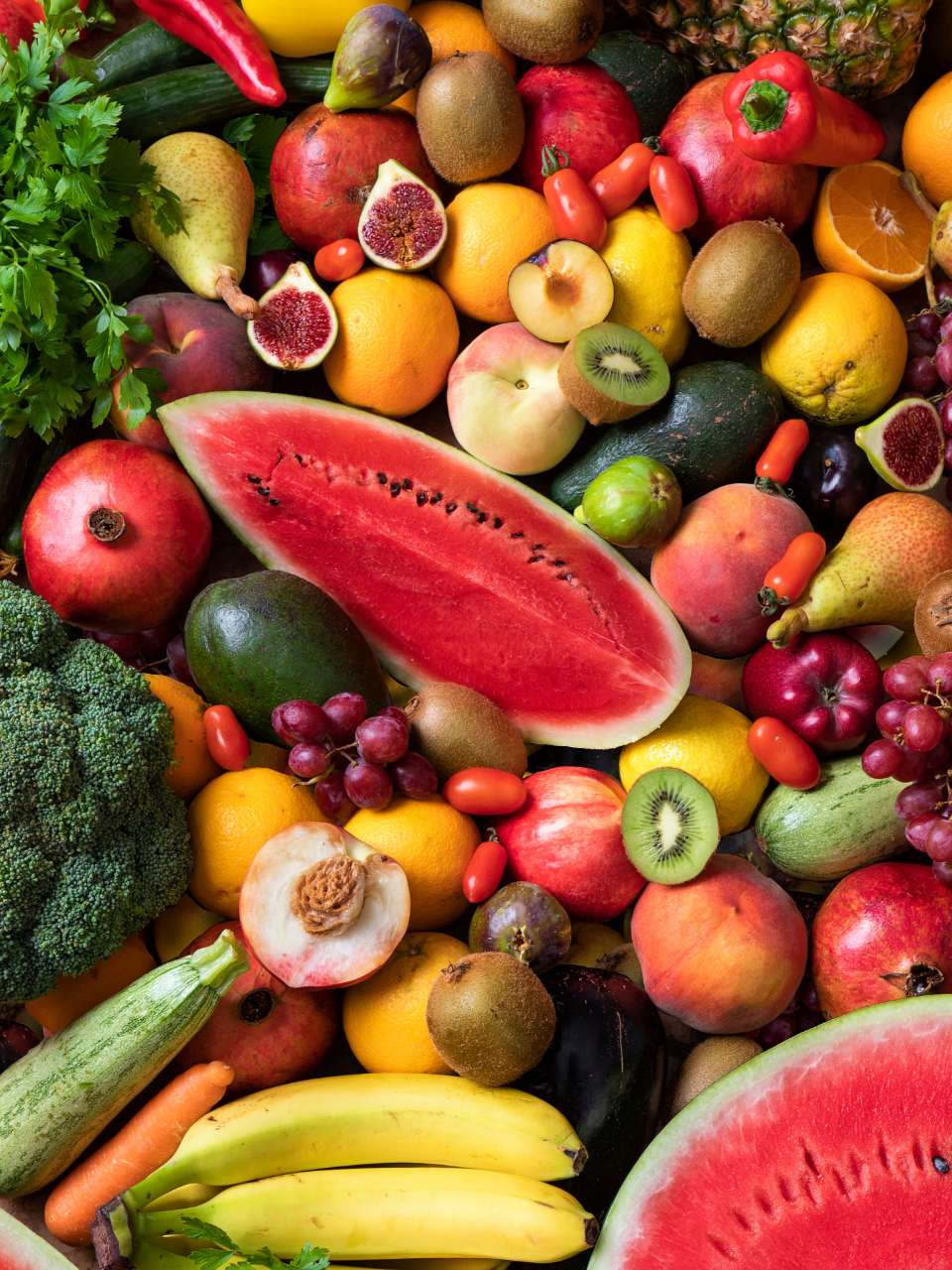
Be colorful with vegetables and fruits
There is a lot of good fiber in vegetables and fruits. Fruits and vegetables not only have beautiful colors, they also provide you with important vitamins and valuable plant substances. Ideally, you should eat three servings of vegetables and two servings of fruit per day. If this is not an option, try to eat fruit and vegetables as often as possible – a little is better than nothing.
